
Integrated Circuit (IC) AEC-Q100 Certification
What is AEC-Q100 Certification?
AEC-Q100 is a set of stress testing standards designed specifically for automotive application integrated circuit products. This specification is critical for enhancing product reliability and quality assurance.
AEC-Q100 is the first standard of the Automotive Electronics Council (AEC), established by the AEC in the United States. First published in June 1994, AEC-Q100 has evolved over more than a decade and has become the universal standard for automotive electronic systems.
For automotive electronic components, AEC-Q100 is the most commonly applied stress test (Stress Test) certification standard. If the required test results for all key points are successfully met, suppliers can claim that their parts have passed AEC-Q100 certification. Suppliers may negotiate with customers to relax certification conditions or sample size compared to document requirements, but only when the required conditions are met can the parts be considered AEC-Q100 certified.
AEC-Q100 aims to prevent potential failures by rigorously verifying the quality and reliability of each chip, particularly through standard testing of product functionality and performance.
As an essential component of automotive electronics, ICs are a key focus area for the AEC. AEC-Q100’s reliability testing for ICs can be broken down into accelerated environmental stress reliability, accelerated life simulation reliability, packaging reliability, wafer process reliability, electrical parameter verification, defect screening, and package integrity tests, with test conditions selected based on the temperature grade the device can withstand.
The JJR Laboratory in China can assess customers' ICs based on their requirements, offer reasonable AEC-Q100 certification solutions, and assist in the reliability certification of ICs. Below is a detailed introduction to the AEC-Q100 certification services.
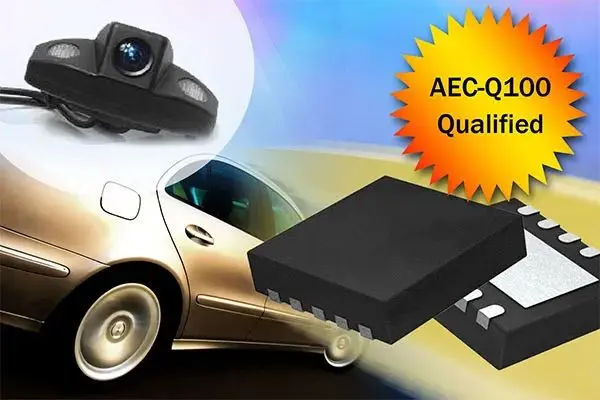
Applicable Products for AEC-Q100 Certification
Automotive electronic components requiring AEC-Q100 certification include:
- Automotive disposable memory
- Power step-down regulators
- Automotive optocouplers
- Three-axis accelerometer sensors
- Video decoders
- Rectifiers
- Ambient light sensors
- Non-volatile ferroelectric memory
- Power management ICs
- Embedded flash memory
- DC/DC regulators
- Automotive network communication equipment
- LCD driver ICs
- Single-supply differential amplifiers
- Capacitive proximity switches
- High-brightness LED drivers
- Asynchronous switches
- 600V ICs
- GPS ICs
- ADAS driver assistance system chips
- GNSS receivers
- GNSS frontend amplifiers, etc.
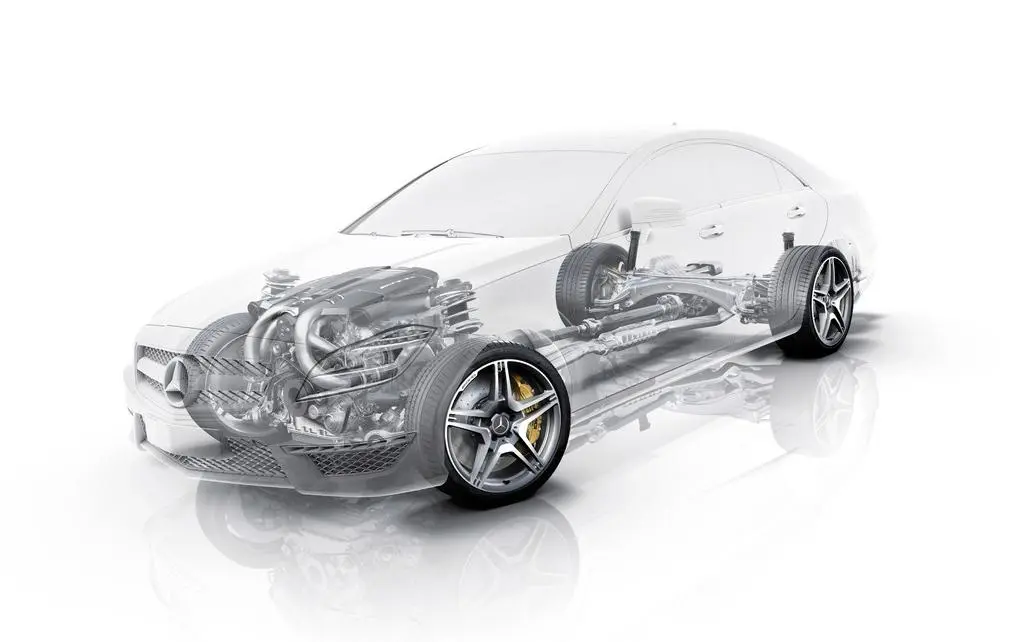
AEC-Q100 Certification Test Items
- Test Group A: Accelerated Environmental Stress Tests (for chip products)
- Test Group B: Accelerated Lifetime Simulation Tests (for chip products/IP/process libraries)
- Test Group C: Package Assembly Integrity Tests (for chip products)
- Test Group D: Process Reliability Tests (for foundries)
- Test Group E: Electrical Reliability Tests (for chip products/IO libraries)
- Test Group F: Defect Screening Tests (for chip products)
- Test Group G: Post-Packaging Package Integrity Tests (for chip products)
Each test group is further defined with specific test items, and the testing standards reference semiconductor industry certifications (such as JEDEC, MIL-STD-883, SAE, or AEC-Q100 itself as defined in its annexes). For each test item, the number of samples per batch, test batch quantity, and acceptance criteria are specified, with additional specifications provided as needed.
AEC-Q100 Certification Test Verification Process
1. Design House
Functional tests before and after reliability testing are carried out, which requires coordination between the IC design company and the testing facility. The primary difference from standard IC verification lies in the temperature settings for the functional tests.
2. Wafer Foundry
Test Group D focuses on wafer-level reliability verification at the wafer foundry. Fabless IC manufacturers must collaborate with their contracted wafer foundries to obtain relevant data.
3. Reliability Test
AEC divides reliability testing into:
- Test Group A: Accelerated Environmental Stress Tests
- Test Group B: Accelerated Lifetime Simulation
- Test Group C: Package Integrity Tests
- Test Group E: Electrical Verification Tests
- Test Group G: Cavity/Sealed Package Integrity Tests
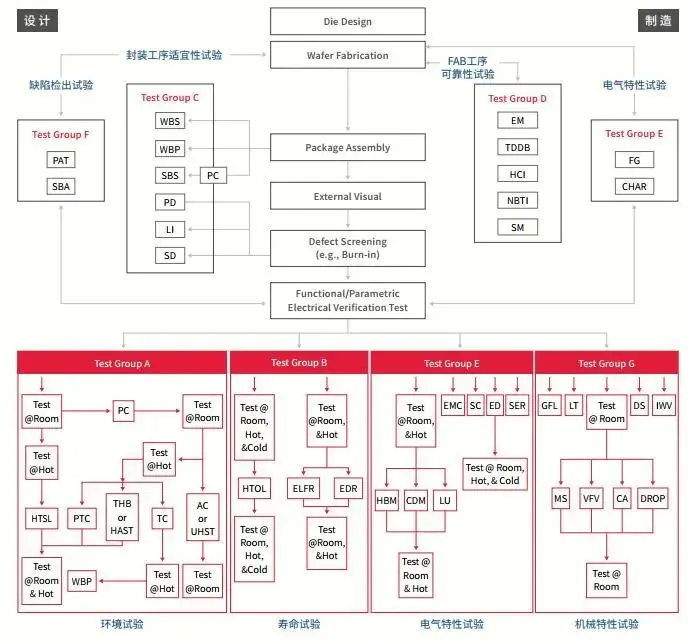
Why Choose JJR Testing Laboratory in China?
1. Brand Trust
Established in 1998, JJR is a high-tech enterprise accredited by CNAS and CMA in China, and a national public technology service platform for small and medium-sized enterprises.
2. Multiple Certifications
JJR is recognized by multiple domestic and international institutions, with comprehensive qualifications, and testing reports with global credibility.
3. International Standards
The laboratory operates according to international standards ISO/IEC 17025 and meets more than ten international and domestic standards.
4. Service Assurance
JJR offers efficient, one-stop testing and certification services, with comprehensive experimental plans trusted by numerous well-known domestic and international enterprises.
Email:hello@jjrlab.com
Write your message here and send it to us
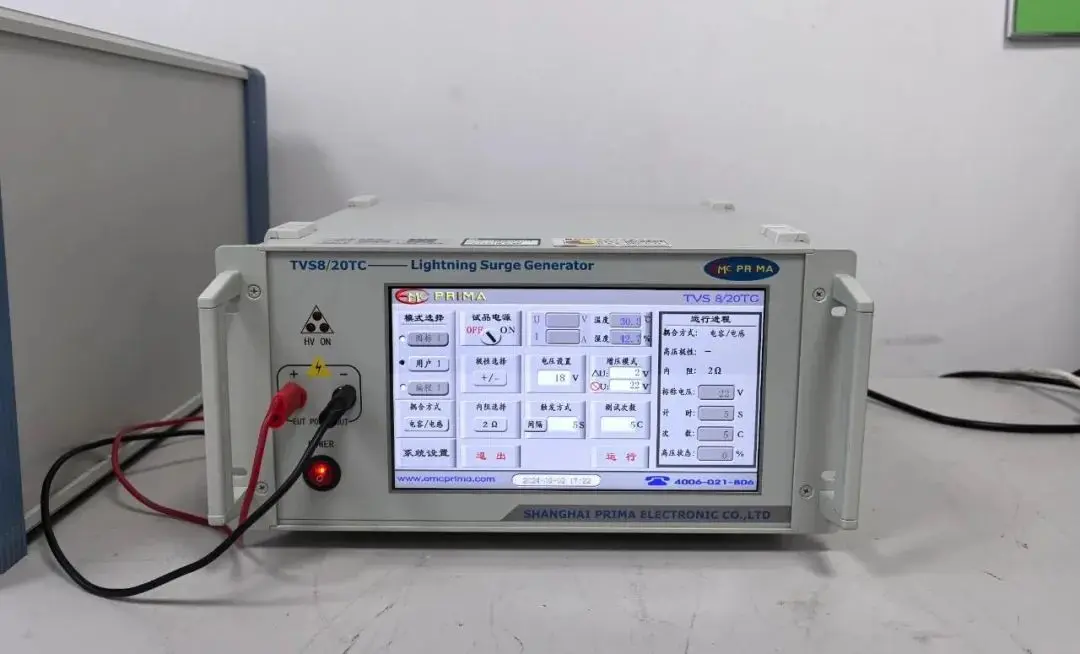 Amazon UL Standard Test Report
Amazon UL Standard Test Report
 When Can FCC ID Modifications Be Filed?
When Can FCC ID Modifications Be Filed?
 LoRa Certification Testing Laboratory
LoRa Certification Testing Laboratory
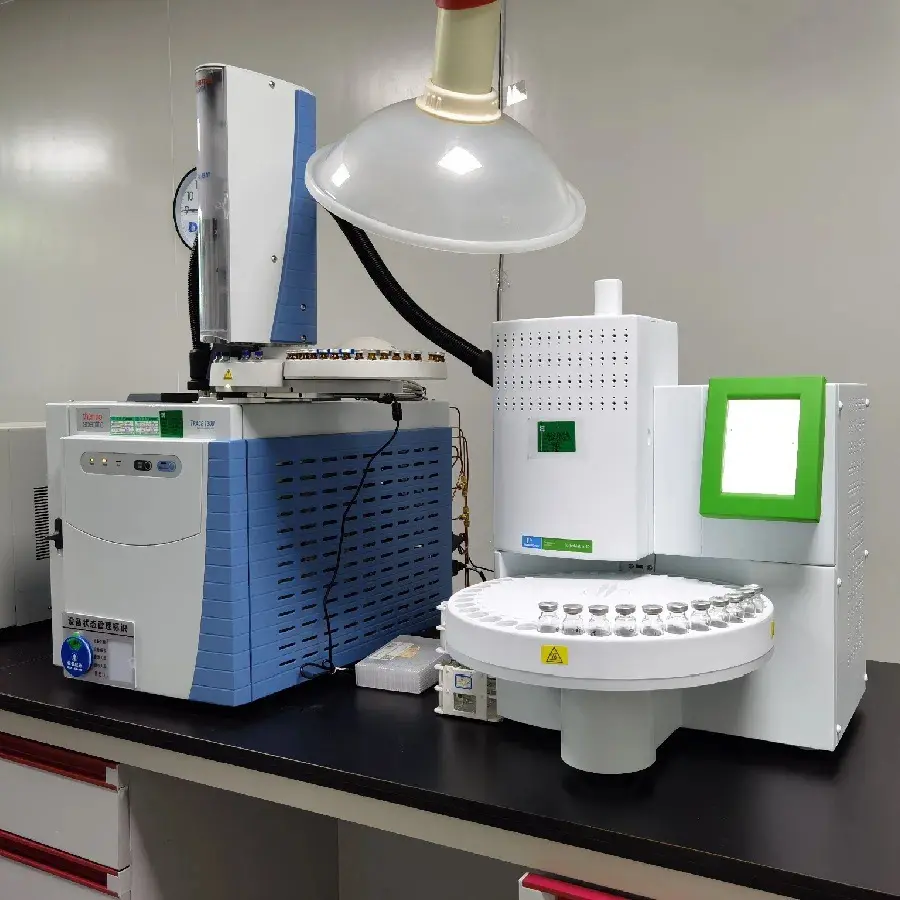 Blood Pressure Monitor Certification Testing Servi
Blood Pressure Monitor Certification Testing Servi
 ECG Device Certification Testing
ECG Device Certification Testing
 Pulse Oximeter Certification and Testing Standards
Pulse Oximeter Certification and Testing Standards
 IVD Medical Device GB 4793:2024 Test Report
IVD Medical Device GB 4793:2024 Test Report
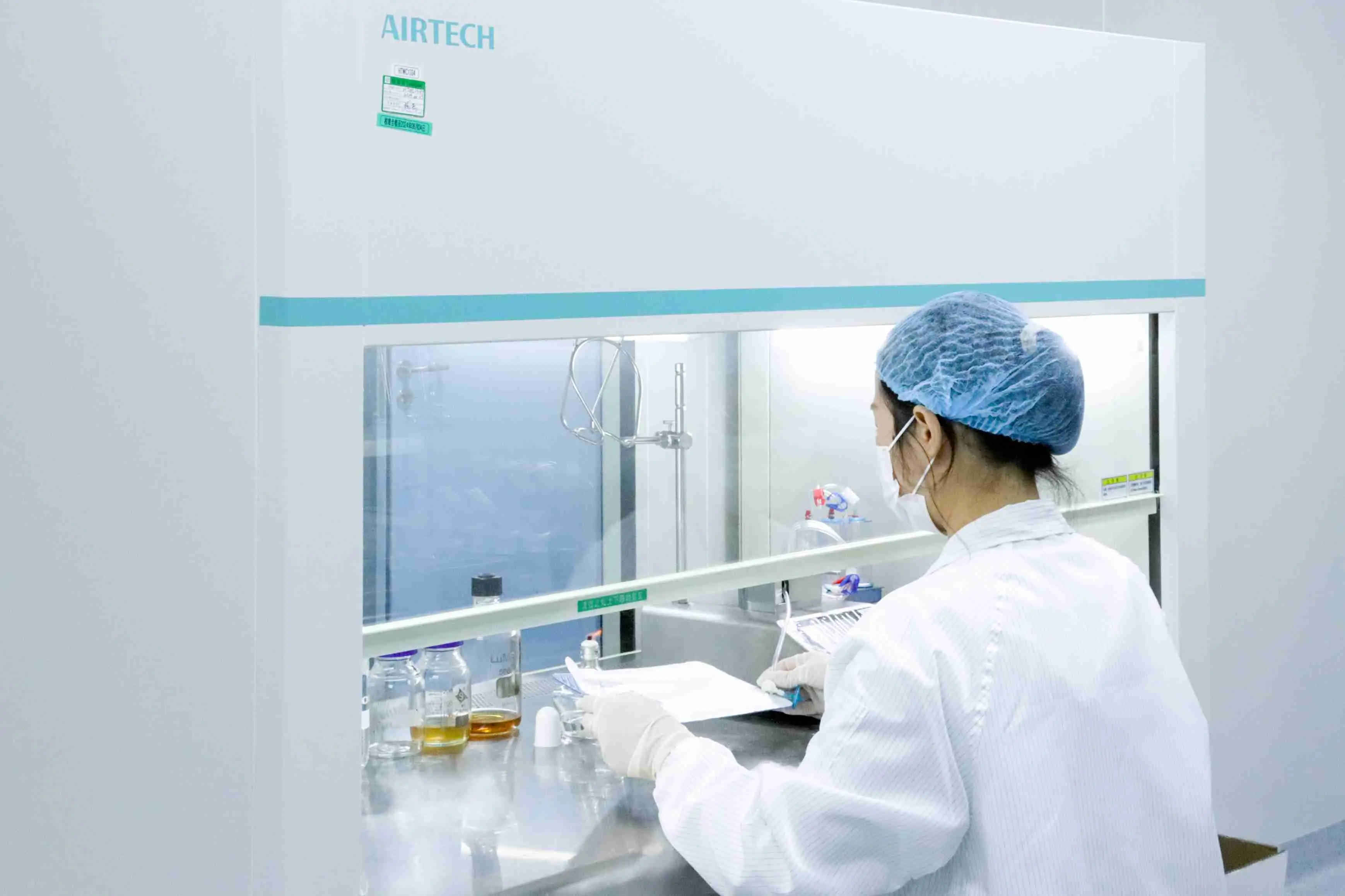 IECEE CBTL Testing Laboratory for IVD Medical Devi
IECEE CBTL Testing Laboratory for IVD Medical Devi
Leave us a message
24-hour online customer service at any time to respond, so that you worry!




